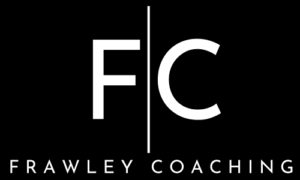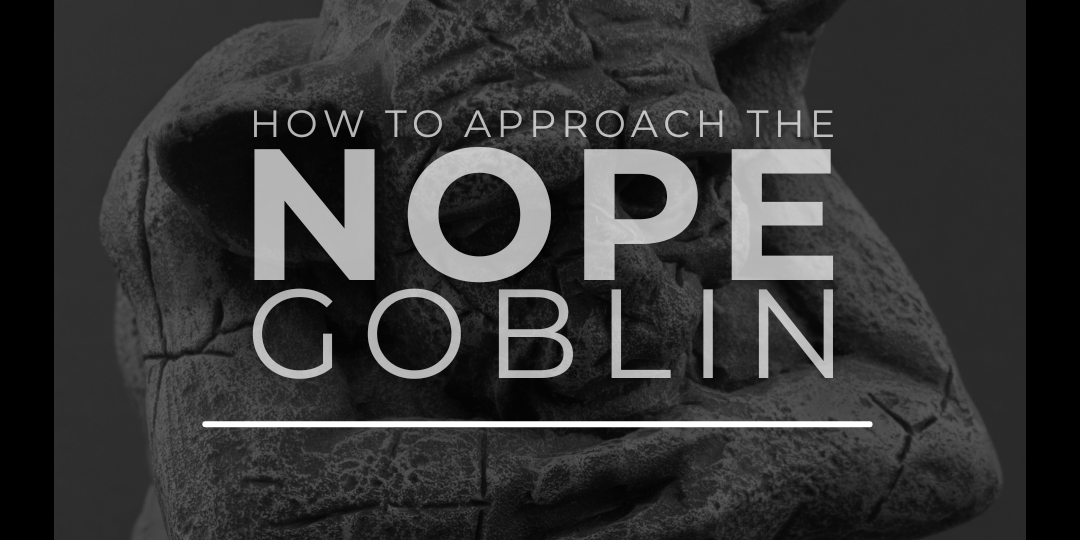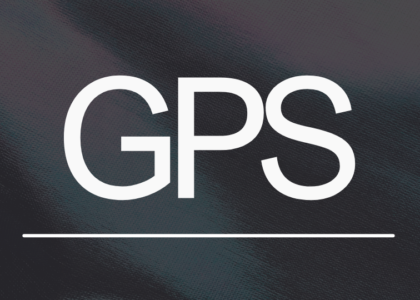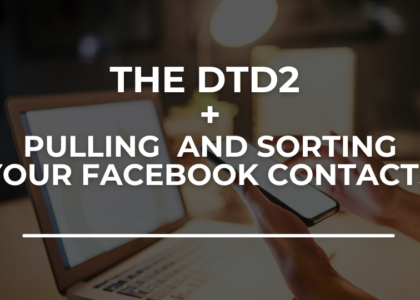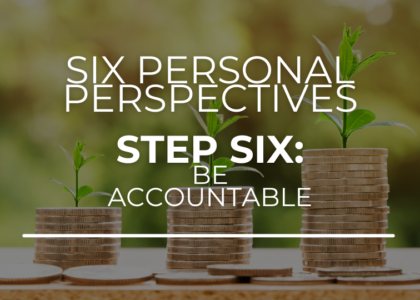Folks, people aren’t born with grit. They grow into it. This is how.
I have a nemesis that I’m choosing to turn into my mascot, and I’ve just decided to affectionately call her the ‘Nope Goblin’. Otherwise known as a form of Executive Dysfunction; the Nope Goblin gets in the way of us doing the things we need or want to do to hit our goals or fulfil the expectations set for us by ourselves or by other people. The Nope Goblin is an expert negotiator, a skilled procrastinator, and she tends to have incredible ideas for alternative plans. She’s the first to point out when we’re overwhelmed, when we’re tired, when we’re forgetful, when we’re dysregulated, or when we have a huge and incredibly important next idea.
She’s a jerk, and while we can’t stop her from showing up, we can manage her when she does.
Hang tight, friends, because the solution to dealing with the Nope Goblin is a tough one.
First, we need to acknowledge the fact that the Nope Goblin is there, and then we need to address the reason for why she’s shown up in the first place. Some people find that she appears more when someone tells them what tasks to complete, what to think, or how to behave. Others have a Nope Goblin on their shoulder seasonally, sometimes she’s around more depending on someone’s diet or how much stress they have in their life or how much sleep they got last night. For me, she shows up more when I’m either trying to establish new habits or when I’m working on reestablishing old ones. Everybody’s Nope Goblin shows up for different reasons, but the Nope Goblin has the same motive for all of us: she wants us to give up.
Do we want to give up though? Of course not. So, the next step in handling the Nope Goblin is to prepare for her ahead of time. Knowing yourself, reflect on your past experiences with this form of Executive Dysfunction. Think about when the Nope Goblin has shown up the most in your life and be prepared for her the next time you are in that situation.
The next part is the hardest, which was my biggest challenge this week. But let’s hang a quick left and dive into brain training for a moment, then we’ll get back into the Nope Goblin tangent.
Imagine you have a brand-new puppy and you want to teach them to go potty outside. When they wee in front of the refrigerator do you reward that behavior? No way! That’ll teach them that peeing on the kitchen floor is the desired outcome. Instead, you redirect that puppy to the outside and wait (and wait) until they potty there. Only THEN do you go bananas, shower them with words of praise and treats and scritches and lovies and probably some babytalk affirmations about being brilliant (or is that just me?). Rewarding the puppy for completing the desired activity will eventually teach the puppy to potty outside. Now, animal behaviorists may debate if the puppy is learning how to potty outside or just how to earn a treat, but regardless you have less mess to clean and it is always more fun to praise a puppy than to scrub a floor.
Imagine you have a brand-new puppy and you want to teach them to go potty outside. When they wee in front of the refrigerator do you reward that behavior? No way! That’ll teach them that peeing on the kitchen floor is the desired outcome. Instead, you redirect that puppy to the outside and wait (and wait) until they potty there. Only THEN do you go bananas, shower them with words of praise and treats and scritches and lovies and probably some babytalk affirmations about being brilliant (or is that just me?). Rewarding the puppy for completing the desired activity will eventually teach the puppy to potty outside. Now, animal behaviorists may debate if the puppy is learning how to potty outside or just how to earn a treat, but regardless you have less mess to clean and it is always more fun to praise a puppy than to scrub a floor.
Much like training a puppy, most of us can train our brains to do the things we want or need them to do too, which includes telling the Nope Goblin to kick rocks.
Ok ok ok I’m not calling us puppies. Or our brains, for that matter. But there’s an element of positive reinforcement that I want to layer into this Nope Goblin theory that I think is important: our brains are bendy. In 1948 the term “neuroplasticity” was formally introduced after more than a century of neuroscientists studying the fact that the brain can effectively change in response to experience. Simply put, we can train our brains. Knowing this, every time the Nope Goblin shows up, our brain learns something from how we respond to her. So, if we give in to her suggestions to quit or give up, our brain learns that is a desired outcome and it gets easier and easier to give up. See where I’m going with this?
When we make a commitment to ourselves and the Nope Goblin tells us to quit, we just can’t do it. We can’t let ourselves down like that. Because every time we do it, it’ll be easier and easier to let ourselves down the next time. So, the third step in confronting the Nope Goblin is to tell her in any way you feel comfortable (polite or blunt), to tell her to skedaddle. Here’s the fun part, though: when we tell her to go away, we’re still training our brains, but in a different way this time. We’re training our brains to acknowledge that we’re doing something hard, and that we can do hard things anyway. We’re training our brains to power through. We’re training our brains to be tougher and more resilient.
One incredibly important thing to note, however, is that Executive Dysfunction can show up on many different levels. It can be an inconvenience for many of us and it can be completely paralyzing for others. If you are in the former category and you find yourself absolutely unable to overcome the Nope Goblin or any other form of Executive Dysfunction, I strongly recommend consulting with a mental health professional to strategize different tools that you might be able to use to overcome these issues. You are allowed to feel okay.
Many of us were told as kids that our task paralyses were forms of laziness. Nah. We weren’t lazy. We just weren’t equipped with the knowledge or tools we needed to hop the hurdles.
